Alberta premier calls for referendum for separation from Canada
- In Reports
- 12:48 PM, May 06, 2025
- Myind Staff
The Premier of Alberta, a province in Canada known for its oil wealth, announced on Monday that if a citizen-led petition gathers enough support, she will hold a referendum on whether Alberta should separate from Canada next year.
During a livestream, Danielle Smith shared that she doesn't personally support Alberta leaving Canada. She expressed hope for finding a way forward where Alberta remains strong and sovereign within a united Canada. “Should Ottawa, for whatever reason, continue to attack our province as they have done over the last decade, ultimately that will be for Albertans to decide," she said. "I will accept their judgement.” Smith made this announcement just one week after Prime Minister Mark Carney led the Liberal Party to win the federal government for the fourth time in a row.
Around the same time, U.S. President Donald Trump has been threatening Canada with tariffs and even mentioning the idea of Canada becoming the 51st state. Carney and Trump are set to meet at the White House on Tuesday. Smith’s United Conservative government has introduced a new law that would make it easier to hold a provincial referendum. If the bill passes, it would lower the number of signatures needed to start a referendum petition from 20% of all registered voters to 10% of voters who participated in the last general election.
People would also have more time—120 days instead of 90—to collect about 177,000 signatures. Smith said that past federal Liberal governments brought in laws that made it harder for Alberta to produce and sell oil, which she believes has cost the province billions of dollars. She also said she doesn’t want the federal government getting involved in matters that are the province’s responsibility. “We don't ask for special treatment or handouts,” she said. “We just want to be free to develop and export that incredible wealth of resources we have. Freedom to choose how we provide health care, education and other needed social services to our people, even if it's done differently than what Ottawa has in mind.”
According to Smith, Carney "had some promising things to say about changing the direction of his government's anti-resources policies" during their meeting.
Smith said her government will set up a team to talk with the federal government and try to end policies that Alberta has been unhappy with for a long time. She will also lead an “Alberta Next” panel, which will hold town hall meetings to listen to people's ideas and concerns. John Soroski, a political science professor at MacEwan University in Edmonton, said that although many people in Alberta are frustrated, he’s not sure that this frustration will result in people voting to separate from Canada. “These grievances are serious,” he said. “I think the prospects of separation are highly unlikely.
Quebec, a mostly French-speaking province, held votes in 1980 and 1995 to decide whether to separate from Canada, but both times the idea was rejected. Soroski said that Smith might be doing something similar to Quebec politicians, who have used the idea of separation as a strategy to negotiate with the federal government. “I don't see Smith wants separation, but I think it's very useful for the province to have in its back pocket the idea that there's this large number of discontented Albertans,” he said. Smith said she will work with Carney “in good faith” but wants “tangible proof of real change.”



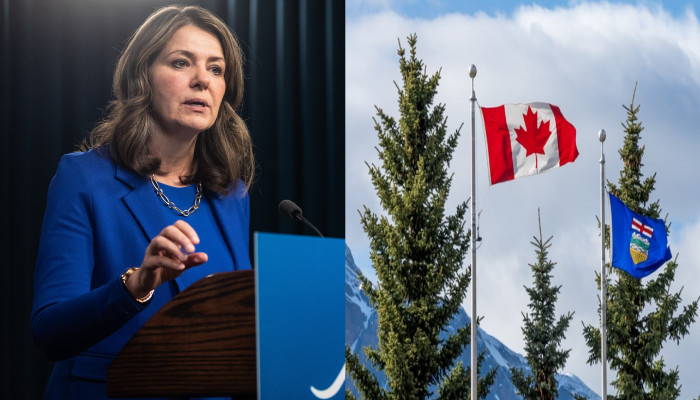



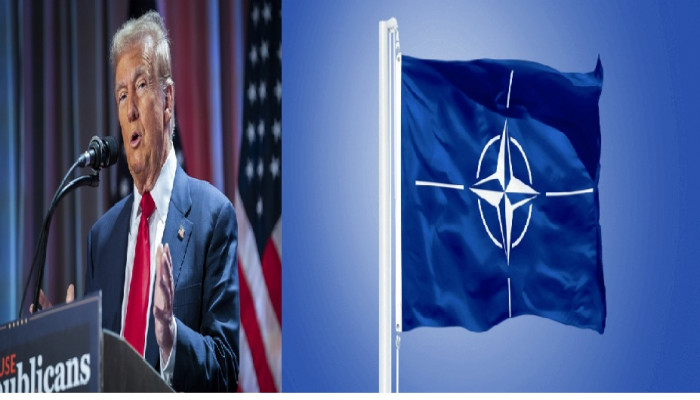
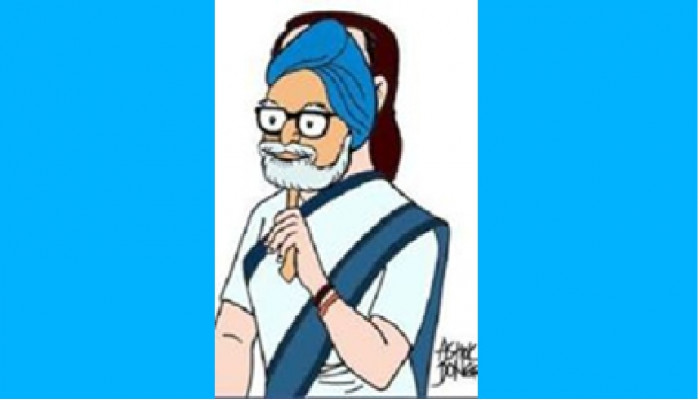
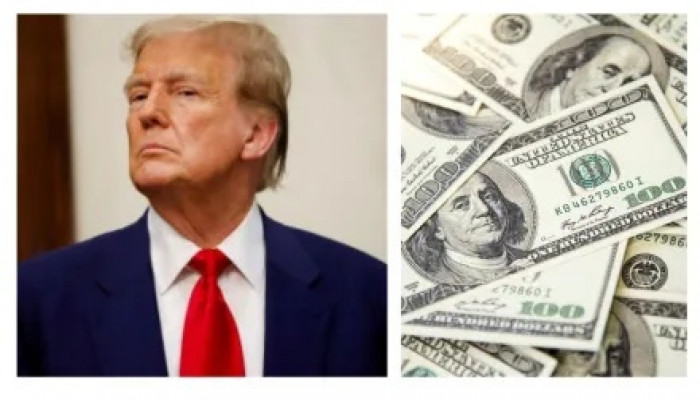
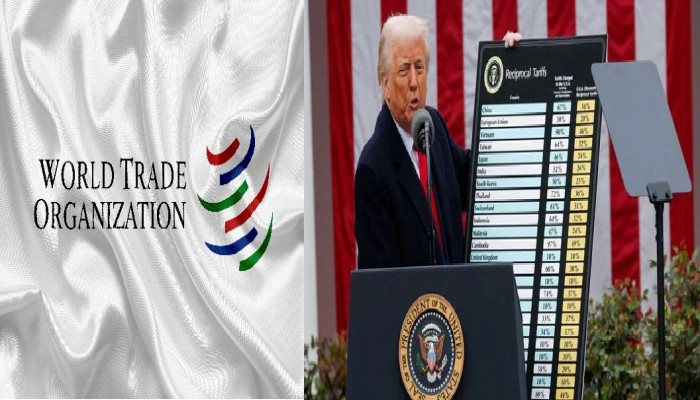

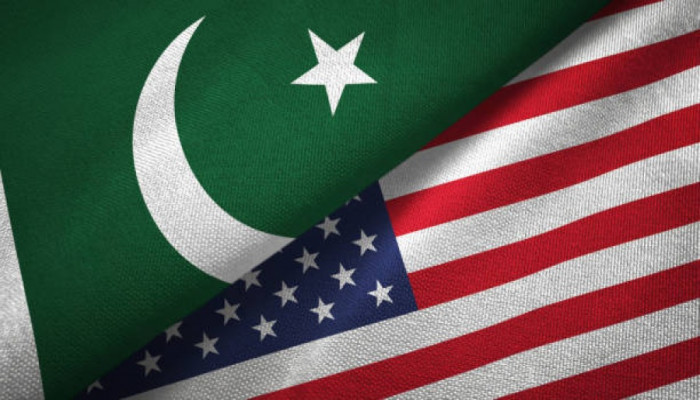

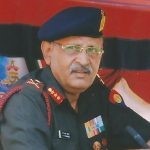
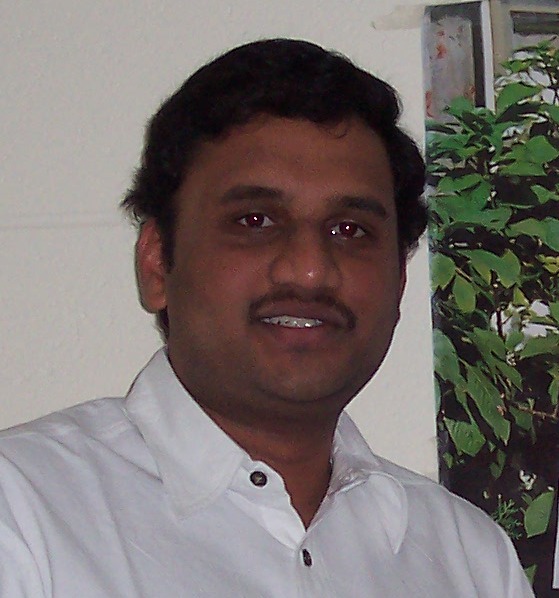
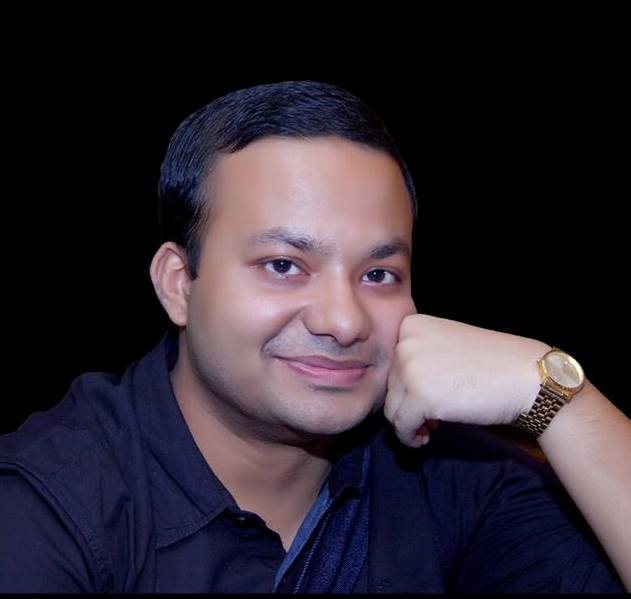

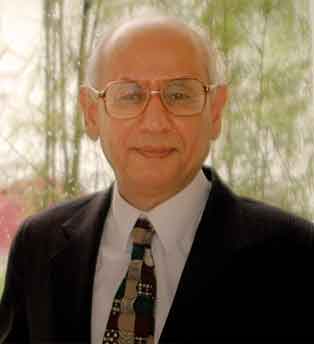

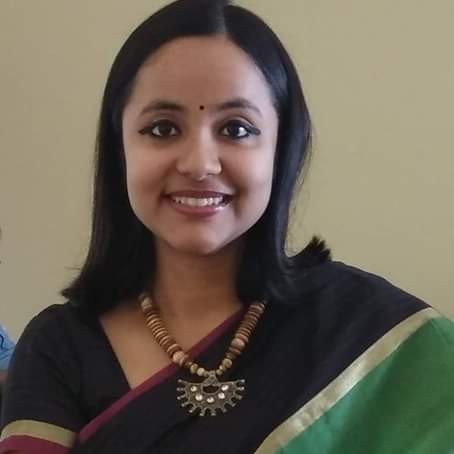
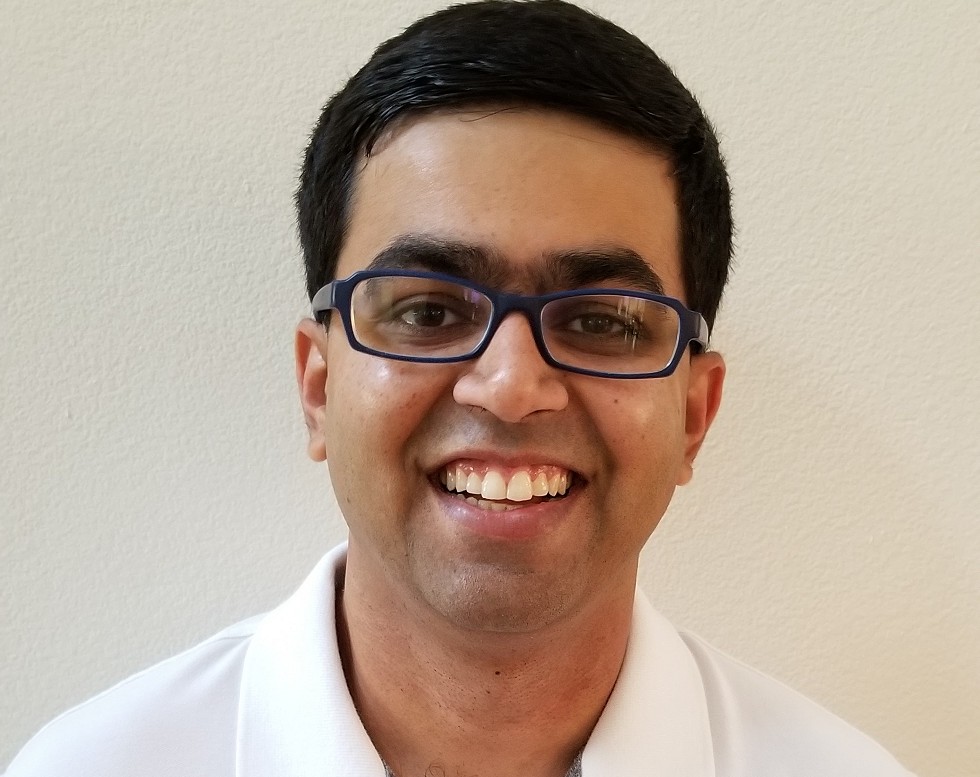
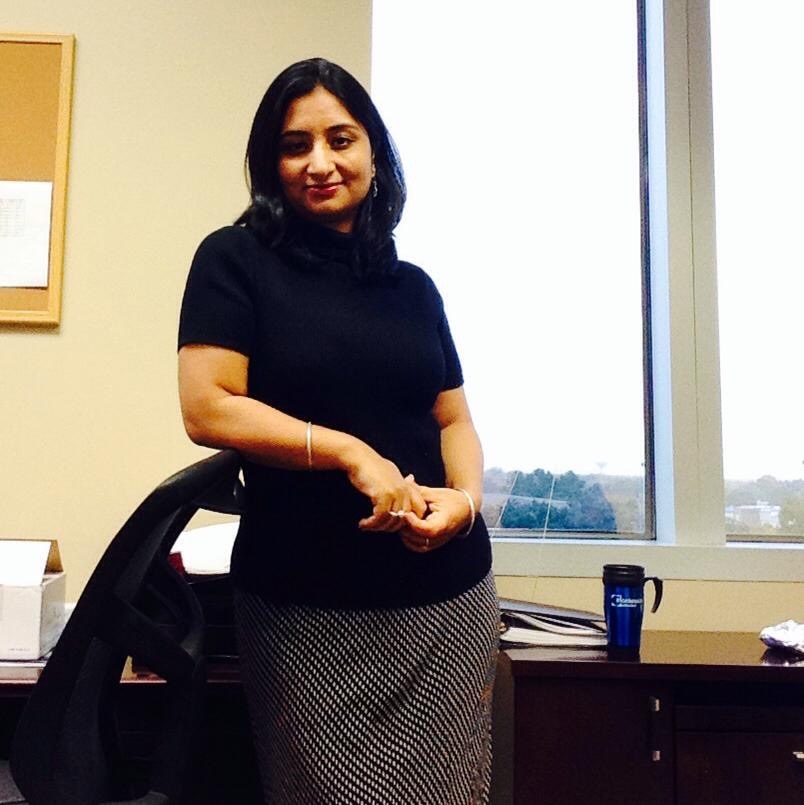
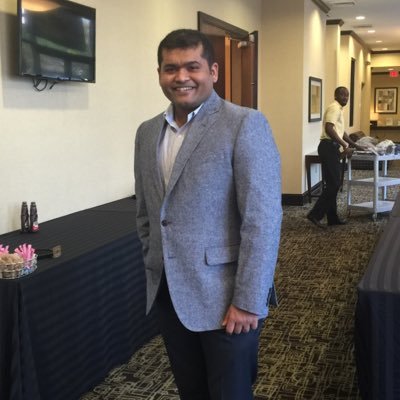

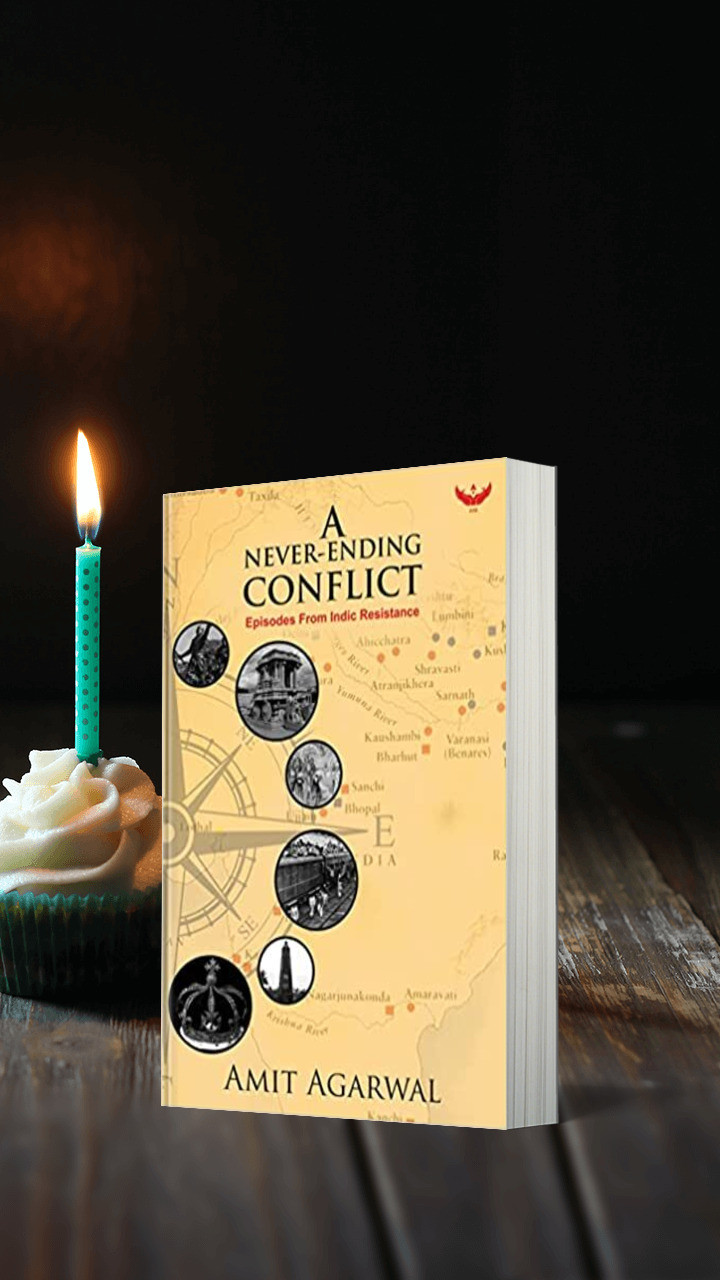
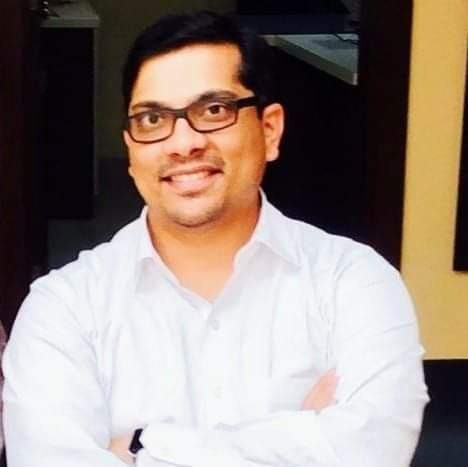
Comments